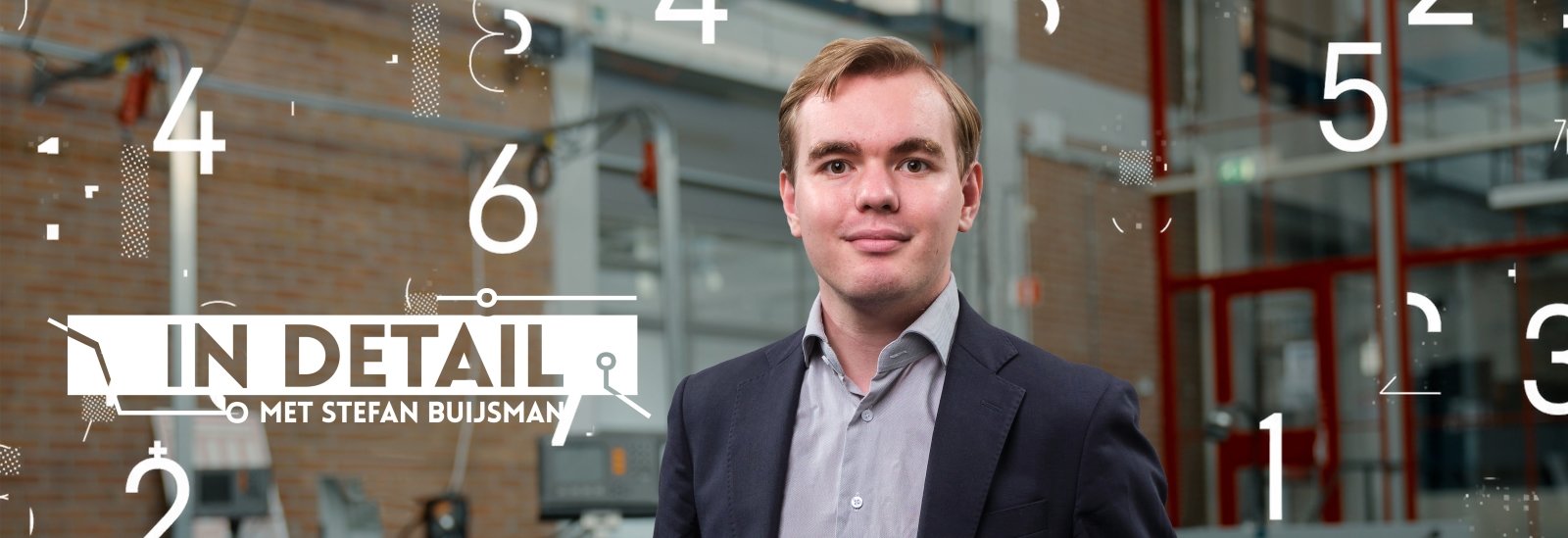Introduction artificial intelligence
From voice assistants to government risk assessments. And from self-driving cars to deep fakes. You hear more and more about artificial intelligence. But, how does the technology behind all these applications work? How is it possible a computer suddenly understands speech, language or images?
Artificial intelligence and self-driving cars
Every other year you hear Elon Musk say that Tesla's are very close to driving autonomously. The promise that as a young person you will no longer need a driving licence is in the air. However, experts at TU Delft will tell you it could take another 20 years. And maybe even longer. What makes it so difficult that computers still cannot drive a car?
Artificial intelligence and online advertisement
It's probably happened to you at some point. Despite having looked up nothing, you suddenly get an ad that fits exactly what you want. For a moment, it seems like the tech companies know everything about you. Until you get a completely irrelevant ad. Where do these ads come from?
Algorithms writing texts
Did you know that computers can report on local sports competitions? And that algorithms can write such good essays that you can use them to pass university courses? Why is it that computers can suddenly write such good texts? And should we now start worrying about our human authors?
About Stefan Buijsman
Stefan Buijsman works at TU Delft as a philosopher on the responsible use of artificial intelligence. He is co-founder of the TU Delft Digital Ethics Centre. Before joining Delft, he was the youngest person to obtain a PhD in Swedish history and wrote popular science books on mathematics and AI.

